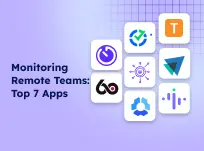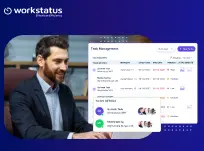Table of Contents
Introduction
We all know that holidays are an integral part of life. Enjoying life outside work is vital for your well-being and keeps you mentally and physically healthy. All employees have a right to get paid holidays irrespective of their employment type. This contains part-time, zero-hour, temporary, and full-time contracts. The way HRs implement holiday entitlement in each case may vary from company to company. However, they must adhere to the legal guidelines defined by the government.
But the statutory guidelines can be complicated to understand. This blog will answer your most frequently raised queries about holidays and holiday pay.
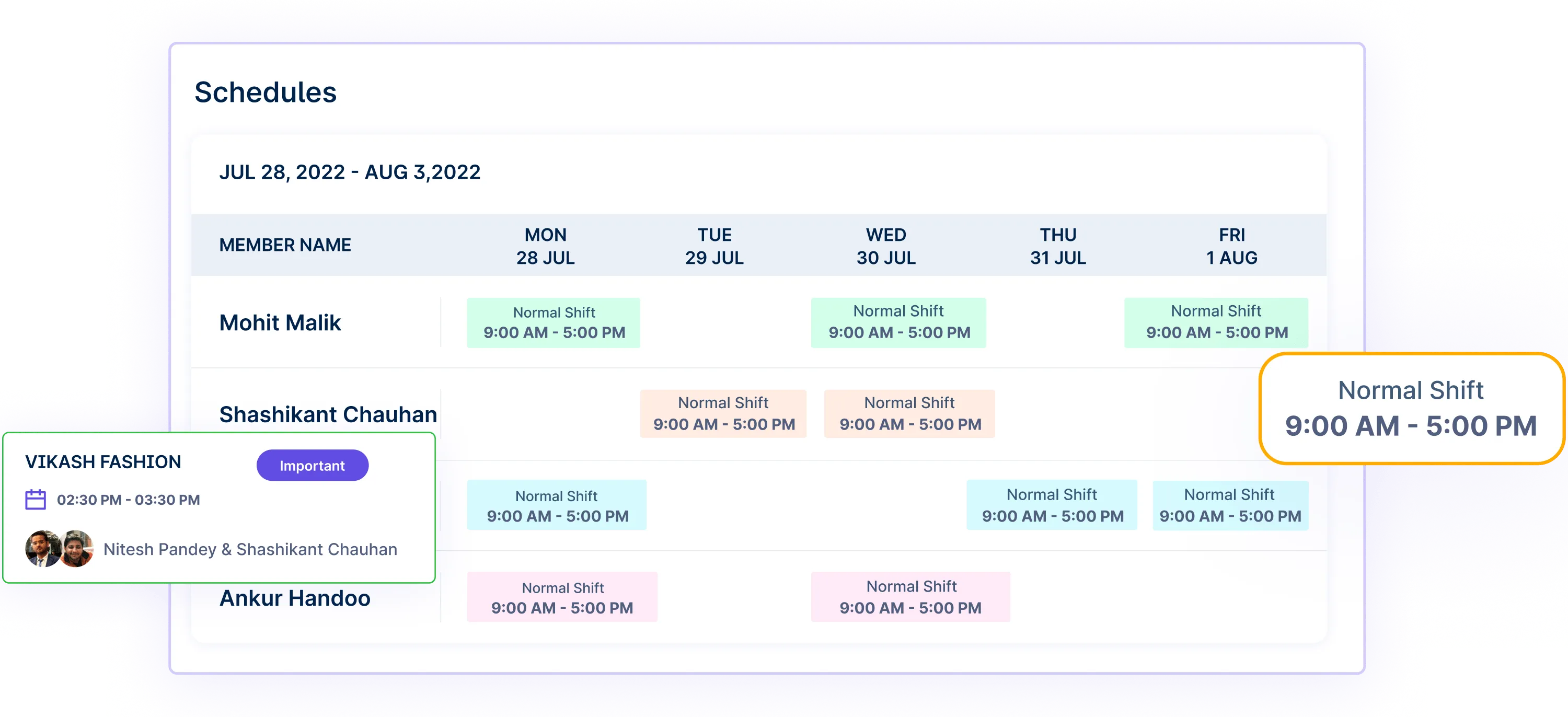
Let’s dive in-
What is Holiday Entitlement? Who is Entitled to Holiday?
Holiday Entitlement is defined as the number of paid holidays in a year that employees are entitled to take.

Source: Your Rights.org.uk
All employees who work under specific contracts with their employers are entitled to take a paid holiday, which is also known as “annual leave.”
Many people who work on a daily basis and fall under the gig economy (short-term tasks performed by independent contractors, such as laborers) have been classified as “workers” by the judiciary.
Workers are also entitled to holidays, but they don’t enjoy the same relationship that employees do with their employers, so they don’t get many rights when compared to employees. However, they can’t be rightly placed under the self-employment (purely in business for themselves) category too.
How many Holidays should you get?
The right to paid holidays was introduced through the act ‘The Working Time Regulations 1998’.
Initially, workers had the right to a 4 week’s holiday every year to comply with European laws. Later, the UK government extended it to another 1.6 weeks/year. This was done to represent 8 bank holidays and is known as “additional leave.”
The UK has the following bank holidays:
- Summer bank holiday
- New Year’s Day (January 1st)
- Easter Monday
- Good Friday
- Christmas Day (December 25th)
- Boxing Day (December 26th)
- Early may bank holiday
- Spring bank holiday
Sometimes, a bank holiday like New Year’s Day falls on the weekend. In such cases, the bank holiday will shift to the subsequent working day.
It implies that all employees are lawfully entitled to a total of 5.6 weeks’ holidays annually. It is also known as a “Statutory holiday” as the law has introduced them instead of any kind of agreement between the worker and employer. No employer can deny these holidays.
Many employers also offer holidays other than this, known as “contractual holiday,” depending upon the contract of employment.
Are Employees Entitled to take off Bank Holidays?
Indeed, bank holidays have increased the count of holidays for employees through Working Time Regulations 1998 act. However, it is not mandatory for employers to provided all the bank holidays.
Therefore, if your organization works on bank holidays, you can’t force but only request to provide off on bank holidays.
How to Calculate Holiday Entitlement?
Calculating holiday entitlement largely depends upon the contract type and the number of hours/days employees work.
-
Fixed Shift Workers
Holiday calculation depends on a fixed number of work days and fixed work hours per day.. The same can be applied to the shift employees as long as their shift’s length (total work hours) remains the same. This is the most simple way of calculating holiday entitlement.
The law states that all employees have 5.6 weeks’ statutory holidays, subject to a cap of 28 days. But this cap will affect employees who work more than 5 days a week; read below to learn how. Also, learn about trending norm of 4 days workweek for better productivity at the workplace.
For example, Monica works 3 days per week, for 8 hours a day. Her statutory leave entitlement will be less than 28 days. The 5.6 x 3 comes to 16.8 days. It means she is entitled to a minimum of 16.8 days based on the 5.6 x 3 calculation.
Here is another example for someone who works for more than 5 days.
For example, Smith works 6 days a week, 8 hours a day. The 5.6 x 6 will give you 33.6 days. Here, the 28 days cap is lower. Thus, Smith’s statutory holiday entitlement is 28 days.
-
Varying Shift Workers
The calculation becomes tough when employees don’t work the same number of hours per day but for a fixed number of hours every week. The law does not define how an organization will implement the 28-day cap. Often, the average shift length can help calculate the number of hours given as holiday entitlement.
How do you define Holiday Pay?
Simply put, holiday pay means when an organization pays employees even when they are away from work or on leave, known as “Paid Leave.”
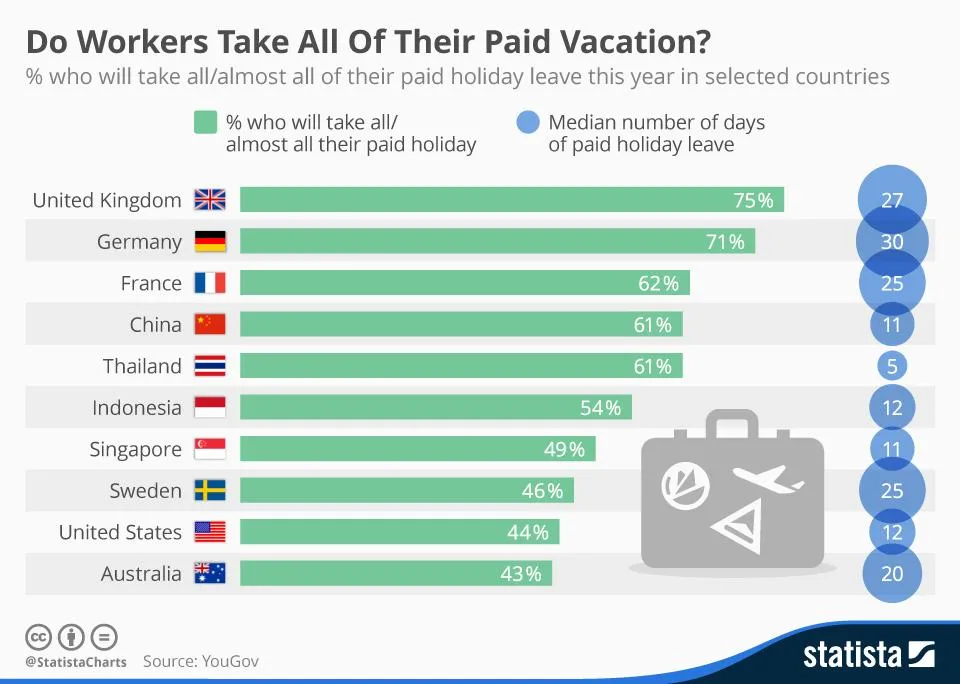
How do Companies Calculate Holiday Pay?
Calculating holiday pay will also depend upon the number of hours worked and the contract. Generally, when employees are on leave, they should receive the same money as when they work. This has nothing to do with the working pattern.
To know holiday pay, employers can perform their calculations on the basis of the following:
- The number of hours worked per week
- The number of days worked per week
- The shifts
- The count of irregular or casual hours worked
Most employers define holiday pay based on the type of shift employees perform.
What do you mean by Holiday Pay Policy?
Ideally, every organization should create a well-defined holiday pay policy. This policy should mention a complete procedure for holiday pay management and the details of the employee’s pay.
The below infographics depict the various types of leaves to consider when you are working on the holiday policy of your organization.

A well-planned leave policy reflects your company’s work culture and shows how much you value your employees.
What should be there in a Holiday Pay Policy?
A well-structured holiday pay policy should contain the following:
- List and details of employees who are eligible and exempted from holiday pay
- Procedures for how employees working fixed, flexible shifts, and part-time will be paid
- Any specific business requirements to work on bank holidays
- Details of pay rates
The most important feature of any fair holiday policy is that it should be flexible. It enables you to make changes in the future and gives space for new laws and regulations.
Apart from this, you can also see if it is good to have an 8+ Hour Workdays policy for employees.
Types Of Holiday Pay Policies
Understand the holiday pay policies that employers may implement:
-
Statutory Holiday Pay
Statutory holiday pay is the bare minimum employers must legally give employees when they take a holiday.
These requirements can vary by place, but the idea is to make sure employees get paid fairly when they’re off work, according to the law.
-
Enhanced Holiday Pay
Some bosses really step up by offering enhanced holiday pay.
It means they pay employees more than the legal requirement or even throw in extra perks like bonuses, extra days off, or other sweet incentives.
It’s their way of making their workplace more attractive and keeping their talented folks happy.
Key Considerations For Holiday Pay
Eligibility And Qualifications For Holiday Pay
Not all employees get holiday pay, and the rules can vary between companies.
Things like your job status, how long you’ve worked, and following company rules can affect whether you’re eligible.
So, it’s a good idea to know your company’s rules to know what you’re entitled to.
Payment Calculation And Frequency
The calculation of holiday pay can vary based on the organization’s policies and the type of holiday pay provided.
Employers must ensure that the payment calculation is transparent and consistent, so employees know how their holiday pay is determined.
The frequency of holiday pay can also differ; it may be paid along with regular paychecks or separately, such as before or after the holiday.
Impact Of Overtime And Extra Hours
For employees who regularly work overtime or extra hours, it’s important to understand how these additional hours impact holiday pay.
Some policies may include overtime and extra hours in the calculation of holiday pay, while others may not.
Employee Rights And Entitlements

This section explores what employees should be aware of regarding their rights, entitlements, and the holiday booking process:
Employee’s Right To Request Holidays
In many jurisdictions, employees have the right to request specific days off for holidays or vacations.
While employers may have the final say to ensure operational needs are met, they should consider your request and respond in a timely manner.
Carryover Of Unused Holiday Entitlement
Knowing your company’s policy regarding the carryover of unused holiday entitlement is crucial.
Some organizations allow employees to carry over unused holiday entitlement to the next year, while others may require that employees use their allotted days within the current year.
Holiday Booking Process
Employers typically have a holiday booking process in place, which outlines how employees should request time off.
Whether it’s through an online portal, email, or a specific form, understanding and following this process is essential.
Bank Holidays And Special Days
Be aware of how your organization handles bank holidays and special days.
Some employers may offer additional holidays or different compensation for working on these days.
Practical Tips for Employees

Employees can make the most of their holiday entitlement by following some practical tips. Here are some suggestions:
1. Understanding Your Employment Contract
Take the time to thoroughly review your employment contract. Knowing the clauses related to holiday entitlement, pay, and policies is the first step.
2. How To Request Time Off
Familiarize yourself with your company’s holiday booking process.
Follow the required procedures for requesting time off to ensure a smooth and stress-free experience.
Early planning and clear communication with your employer can help secure the holiday dates you desire.
3. Planning Holidays Around Peak Work Times
Consider planning your holidays during periods of lower work demand if possible.
This can make it easier for your employer to accommodate your time off, reducing the impact on workflow and colleagues.
4. Utilizing Unused Holiday Entitlement
Don’t let your holiday entitlement go to waste.
Use it wisely and strategically to recharge and maintain a healthy work-life balance.
Practical Tips For Employers
Here are some practical tips for employers to consider:
1. Creating Transparent Holiday Policies
Develop clear and well-communicated holiday policies that outline holiday entitlement, pay, and procedures.
Transparency fosters trust and reduces misunderstandings among employees.
2. Managing Holiday Requests Fairly
Implement a fair and consistent process for handling holiday requests.
Ensure that requests are considered based on operational needs, seniority, and the order they are received.
3. Handling Emergency Situations
Be prepared for unexpected situations that may require employees to take unplanned holidays, such as personal emergencies or illness.
Have contingency plans in place to manage workload during employee absences.
4. Legal Consultation And Updates
Stay informed about changes in labor laws and regulations that may impact holiday entitlement and pay policies.
Seek legal consultation if needed to ensure compliance with evolving legal requirements.
Regularly update your policies to reflect these changes.
Final Thoughts
We know that it is a bit challenging to understand holiday entitlement and pay, but from this article, we think you will find it simpler to traverse in the future.
As an employer, you should never take your employees’ paid holiday rights for granted. It will help you create a more positive and flexible workplace for everyone.
If you are looking to manage and track your staff attendance while staying legally compliant, signup for a free demo of Workstatus to know more.
Simplify Attendance tracking, Approve Leaves & Record Absence
-
Automatic clock-in and clock-out
Workstatus provides an automatic clock-in and clock-out feature that allows employees to track their work hours accurately without any manual effort.
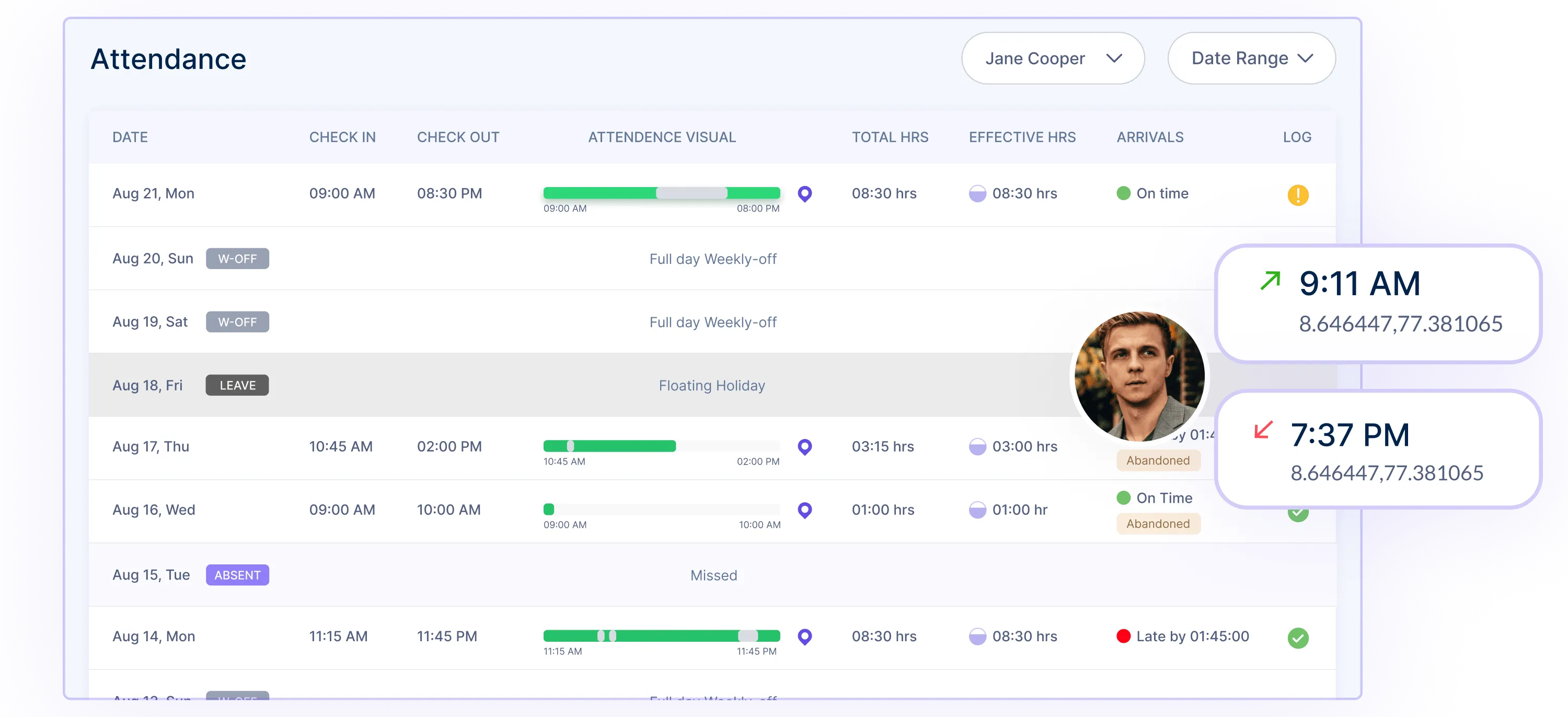
This feature enables employers to monitor employee attendance and maintain timesheets in real-time.
-
Easy to export timesheets
With Workstatus, employers can easily export timesheets in various formats such as CSV, PDF, and Excel.
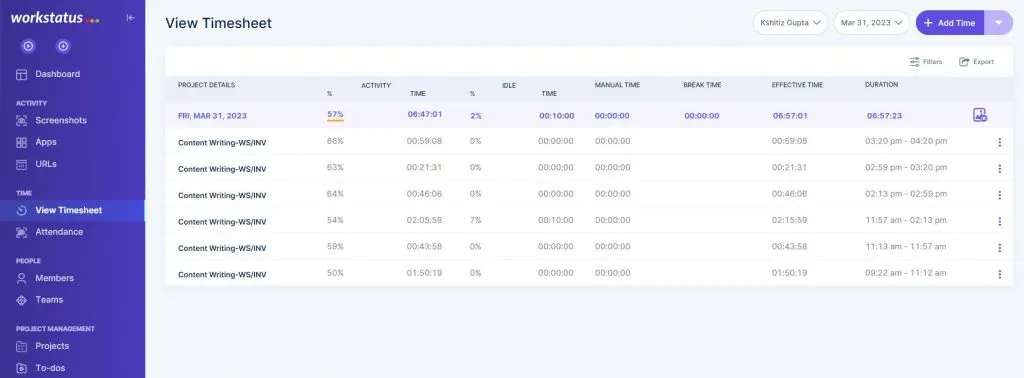
This feature makes it convenient to share timesheets with clients, stakeholders, or payroll departments.
-
Leave management via System
Workstatus offers an integrated leave management system that allows employees to request time off via online system.
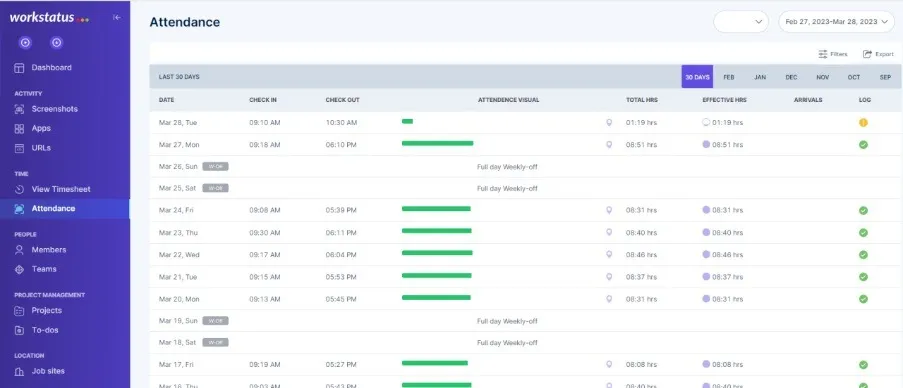
Employers can track and approve leave requests in real-time, reducing the need for paperwork.
-
View & approve staff leave requests from anywhere
Employers can view and approve staff leave requests from anywhere using the Workstatus app.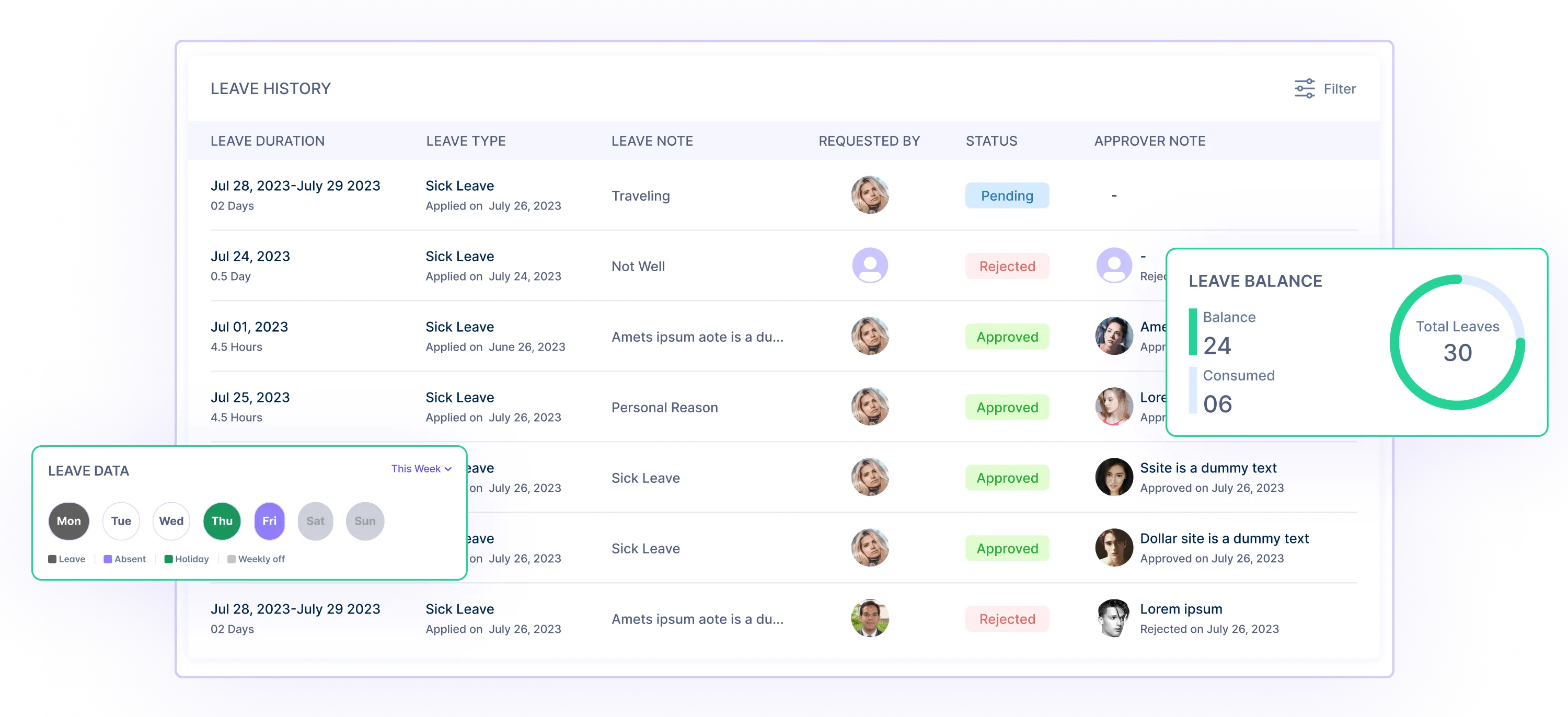 This feature ensures that managers stay up-to-date with their team’s availability and can quickly approve or deny leave requests.
This feature ensures that managers stay up-to-date with their team’s availability and can quickly approve or deny leave requests.
-
Check employee availability & Absence
Workstatus enables employers to check employee availability and absence in real-time.
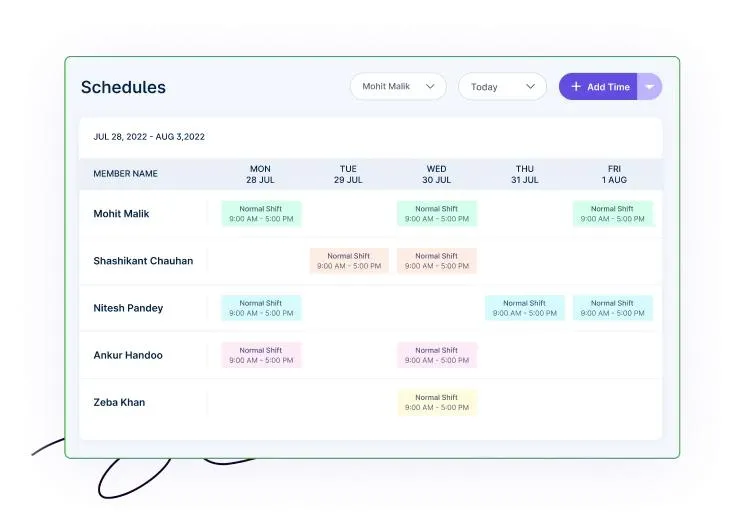
This feature allows managers to plan work schedules and allocate resources efficiently, reducing the risk of understaffing or overstaffing.
-
Edit timesheets manually
In case of any discrepancies, Workstatus allows employers to edit timesheets manually.
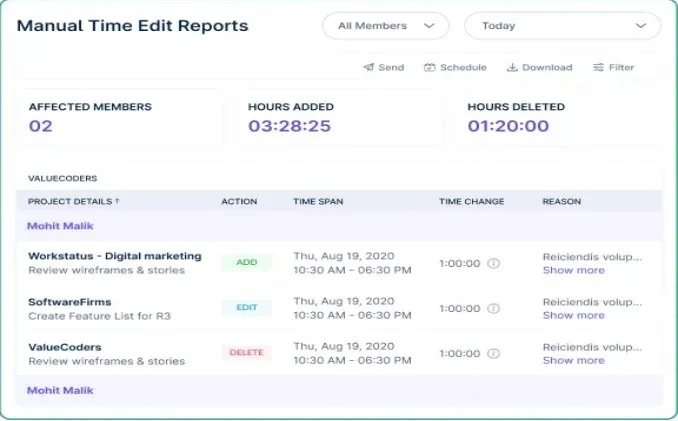
This feature ensures that timesheets remain accurate, and employees get paid for the correct number of hours worked.
7 days free trial



